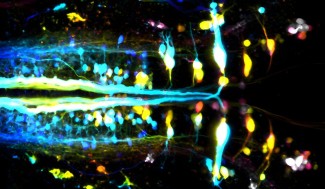
Paris, September 4th, 2023. Walking is a complex mechanism involving both automatic processes and conscious control. Its dysfunction can have multiple, sometimes extremely subtle causes, within the motor cortex, brain stem, spinal cord, or muscles...
09.04.2023
Research, science & health

Is paying attention to the things around us necessary to perceive them? This seemingly simple question is far from having a consensual answer. To decide between the various existing hypotheses, Jianghao Liu and his colleagues at Paris Brain Institute...
09.02.2023
Research, science & health

The more we like our ideas, the faster we give them shape. But to be creative, you have to have a penchant for ideas that are out of the ordinary… This is what Alizée Lopez-Persem and Emmanuelle Volle, Inserm researchers at Paris Brain Institute...
08.14.2023
Research, science & health
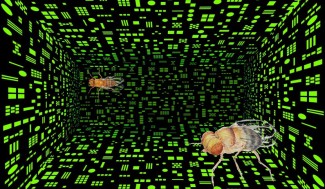
Assessing a number of elements, whether individuals in a group, twigs in a nest, or fruit on a branch, is an essential skill in many animals. But the neural circuits on which it is based are still poorly understood. To remedy this lack of knowledge...
07.14.2023
Research, science & health
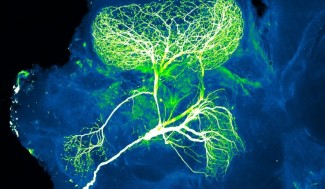
To adapt to the small and large events that give the world its ever-changing character, we use an essential ability: cognitive flexibility. It enables us to improvise in the event of disruptions on our morning commute, to cope with the unexpected...
06.28.2023
Research, science & health
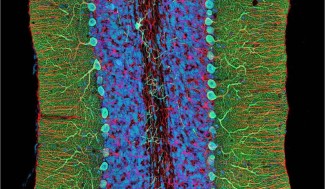
Spinocerebellar ataxias are a very heterogeneous group of inherited diseases associated with degeneration of the cerebellum – a region at the back of the skull that plays an essential role in motor control. Patients have gait and balance disorders...
06.21.2023
Research, science & health
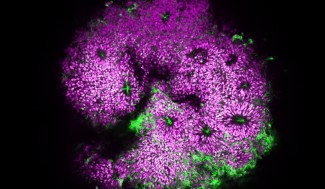
What if Alzheimer’s disease left its mark on the embryo? Khadijeh Shabani and her colleagues from the “Brain Development” team led by Bassem Hassan (Inserm) at Paris Brain Institute show that the amyloid precursor protein (APP) has a specific...
06.19.2023
Research, science & health
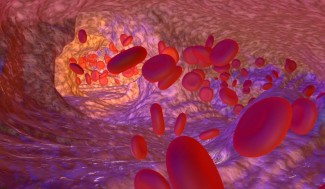
Thanks to the collaboration between teams from the AP-HP, the MedTech METAFORA biosystems, the Institute of Molecular Genetics of Montpellier, Cerba Healthcare, and more than 30 investigating centers coordinated by Prof. Fanny Mochel at Paris Brain...
06.06.2023
Research, science & health

Does humor appreciation have a brain signature? In a new study published in Neuropsychologia, Vadim Axelrod at Bar-Ilan University in Tel Aviv, in collaboration with Lionel Naccache (Sorbonne University, AP-HP) at Paris Brain Institute, decrypts the...
05.19.2023
Research, science & health
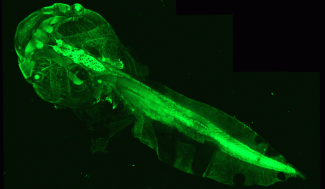
No treatment currently exists that can stop the silent progression of multiple sclerosis, and many promising drugs have proved ineffective in clinical trials. To reduce this failure rate and better predict the potential of candidate molecules...
03.03.2023
Research, science & health

Nearly half of humanity speaks more than one language, and many adults can read and master several writing systems. How does the visual cortex adapt to the recognition of words written with different characters? To answer this question, Laurent Cohen...
04.14.2023
Research, science & health

Unlike classic epileptic seizures that last only a few seconds or minutes, " status epilepticus" refers to a state of neuronal hyperactivity in the cerebral cortex that persists for several hours or days. When this condition occurs without a readily...
03.31.2023
Research, science & health

